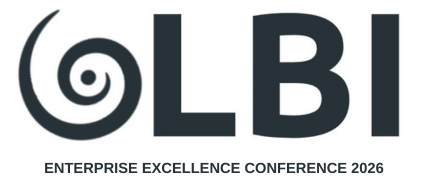Lean is often known by many names: Toyota Production System i.e. TPS , Lean manufacturing, Lean production, Lean leadership, Lean Six Sigma. However the ideas behind Lean concepts all share the same basic principles.
Lean is a management philosophy - a way of thinking. It considers first and foremost what the customer is willing to pay for or in other words - added value. Activities that do not add value to the end product or customer are defined as waste and should be reduced or eliminated to free up resources to be used for adding value.

The second major component of Lean is the respect for the employee and their role in adding value to the end product or customer. Employees who embrace Lean principles are empowered and motivated to critically look at value generating activities and continuously improve them or eliminate those that don’t.
Lean is neither a new idea nor is it only focused on one industry or discipline. Origins of and contributions to Lean principles can be found throughout distant history. The influence of Lean on the modern industrial era has been shaped by the works of several individuals including industrialist Henry Ford and management luminaries such as W. Edwards Deming and Joseph Moses Juran.
The term Lean is however a relatively new development. John Krafcik’s 1988 article, "Triumph of the Lean Production System," published in the Sloan Management Review, as well as the book “The Machine that Changed the World” (Womack, Jones and Roos, 1990), are credited with clearly illustrating what is considered today to be the modern origins and subsequently best practices of Lean manufacturing.
These publications highlight Toyota’s journey from its post Second World War manufacturing operations to what is today known as the Toyota Production System (TPS). Key elements attributing to Toyota’s superior performance are business methods that use less resources and time: human capital, financial investment, facilities, inventories, manufacturing, product development, parts supply and customer relations.
During the 1970‘s and 80‘s, under the guidance of its group production manager, Taiichi Ohno, these concepts spread throughout Toyota’s supplier network, distribution and sales operations.
Today, Lean has become the single most effective improvement approach for companies of all sizes and throughout many industries and disciplines. Four Principles Lean management experts can help your company join the ranks of other world class companies who have successfully adopted Lean.
Get In Touch
We would love to hear from you!
T: + 353 46 9773434
E: [email protected]
Address for BoxMedia
616, Edenderry Business Campus,
Edenderry, Co.Offaly. Ireland
